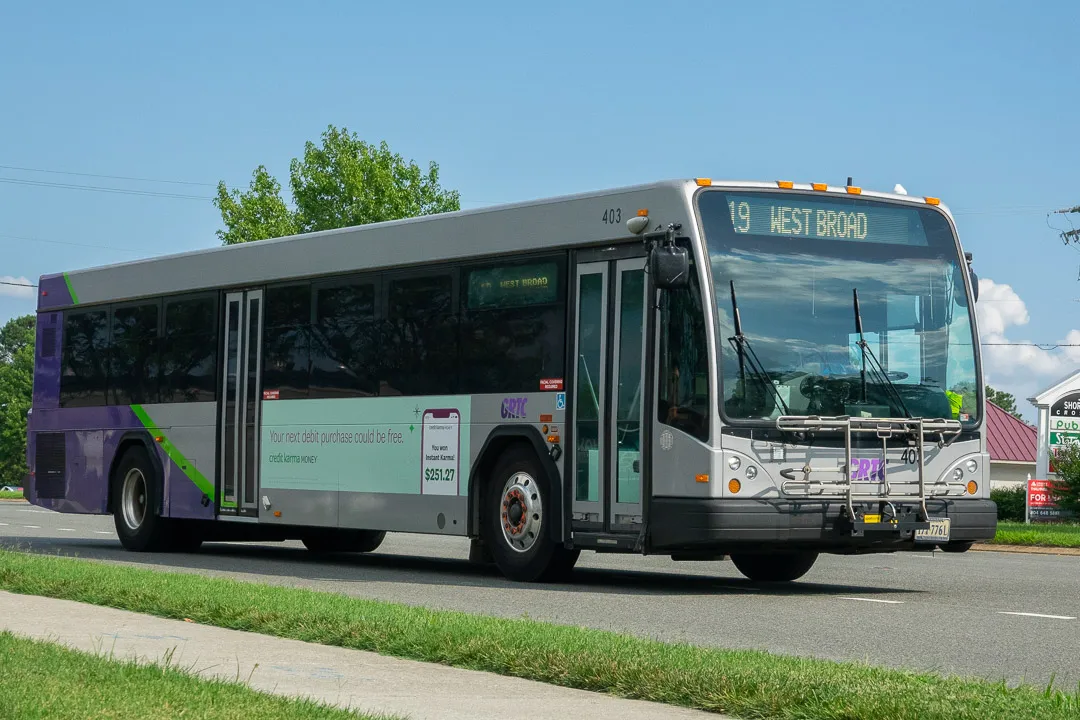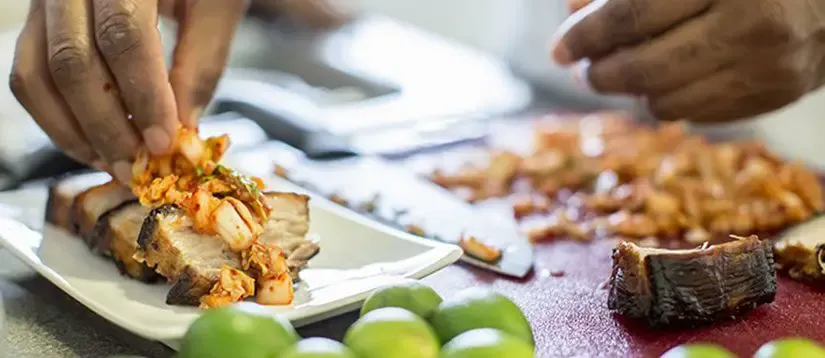Related

'Stretched beyond our limits' – Henrico teachers detail hours of unpaid work
Nearly 100 Henrico Schools teachers and staff took to the Henrico School Board’s March 27 online public forum to voice concerns about extra work they said they are expected to complete outside of their contract hours without compensation. Staffers said that the extra duties they are assigned by their
Click here to read more
Henrico Small Business Spotlight: Quilting Adventures
Julie Haymes says Quilting Adventures is a welcoming environment for every kind of crafter. That’s why her shop is quilt to last. Haymes, 57, grew up in a crafty household. Her mother sewed her childhood clothes and introduced her to all different types of arts and crafts. Visiting fabric
Click here to read more
Richmond’s zero-fare bus funding could run out soon
A one-time grant and other corporate funds that allowed bus commuters to ride for free will expire this summer
Click here to read more
Spirit Airlines to launch new service from Richmond to Detroit
Spirit Airlines is adding new nonstop flights between Richmond International Airport and Detroit Metropolitan Wayne County Airport beginning June 12. The service will run Tuesdays, Thursdays and Sundays and will become Spirit's fourth destination from RIC, joining recently announced service to New York-LaGuardia, as well as existing service
Click here to read more
